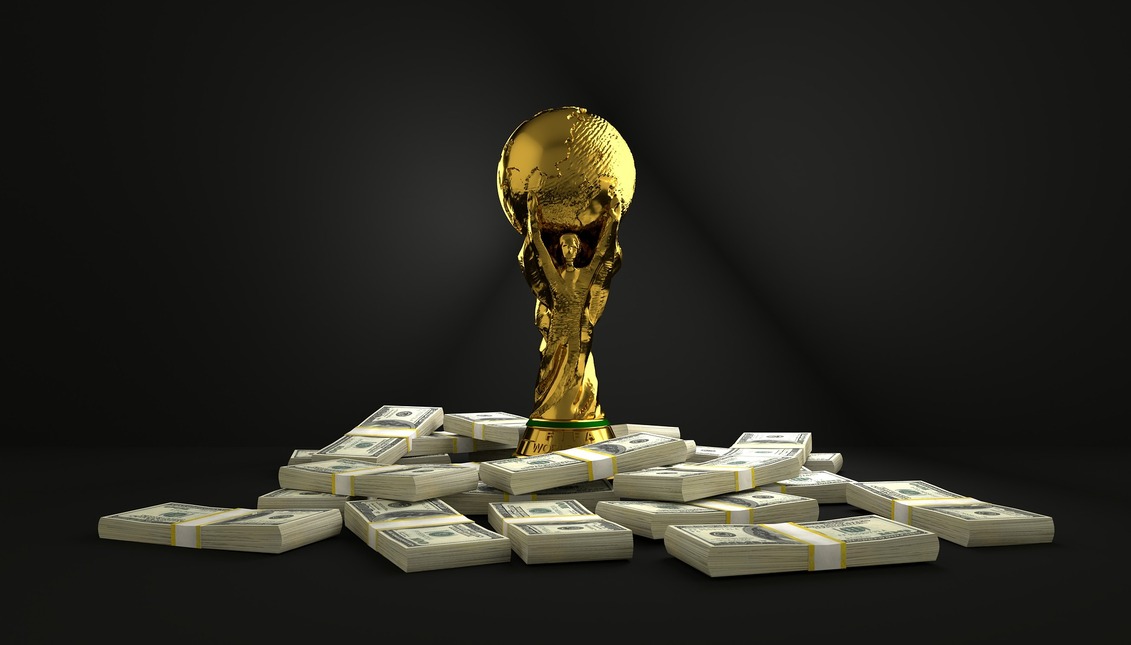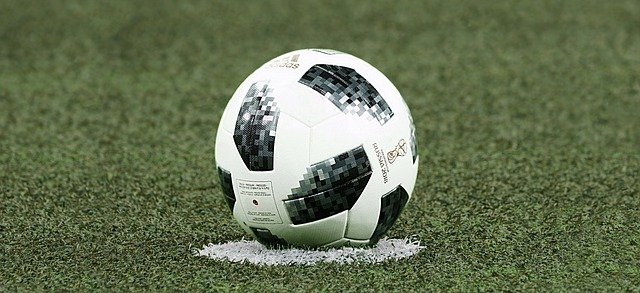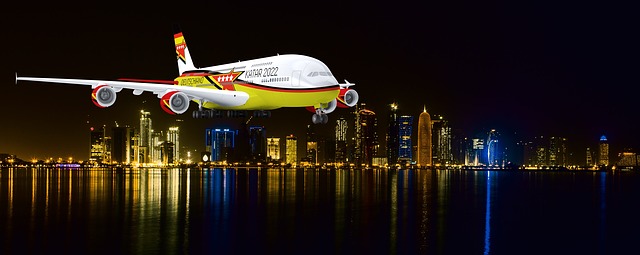
Power games: Beyond the sport of soccer
Two World Cups that shouldn't have been. This is what happens when football is mixed with politics.
Being a soccer fan, it is sad to recognize that acts of corruption are common in the upper echelons of the sport. The World Cup is not exempt from controversies, bribes to assign venues, the diversion of capital for the organization of the event, or worse, human rights violations.
Argentina 1978 was the "World Cup of Peace," as then-dictator Jorge Videla called it in the company of the Brazilian leader Joâo Havelange, who attended his first World Cup as president of FIFA. For many, it was an opportunity for a government, accused of murders, torture and disappearances, to wash its image internationally.

According to an investigation that came to light in 2020, Russia paid bribes to personalities, such as the deceased Julio Grondona, from Argentina, and Nicolás Leoz, from Paraguay, and Jack Warner, former president of CONCACAF, who allegedly received $5 million.
Mexico 1986 was the famous World Cup of the "hand of God," which saw Diego Armando Maradona consecrate himself as the best soccer player in the world. The truth is that it could have been different if it had been played in the country originally assigned.
RELATED CONTENT
Due to the suspicions of corruption and bribery to win the status as host, calls to the organizations have intensified over human rights and LGBTQ+ issues in Qatar.

Add the fact that at least three workers have died while constructing stadiums in the Arab country, and the calls have grown hard for the world to ignore.
Less than a year away, FIFA will likely continue to organize the first World Cup on Arab soil, regardless of the suspicions or criticisms surrounding the event. The amount of money being moved is large enough to make many look the other way.











LEAVE A COMMENT:
Join the discussion! Leave a comment.